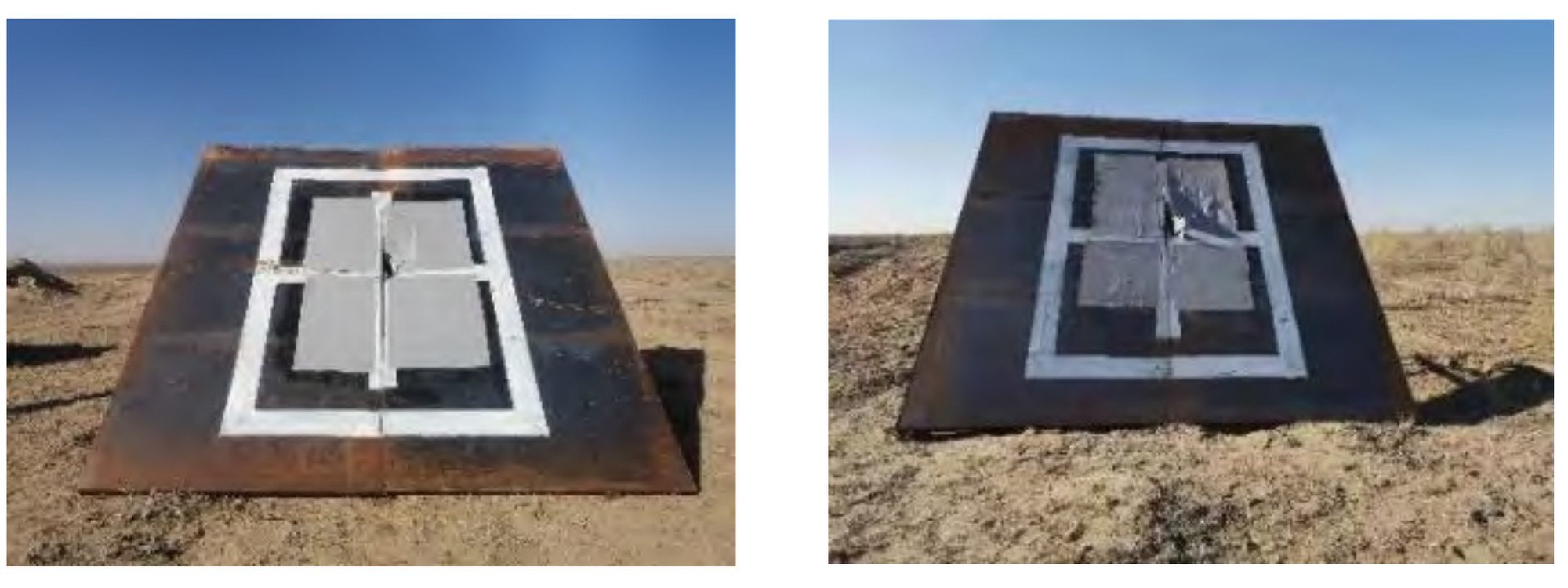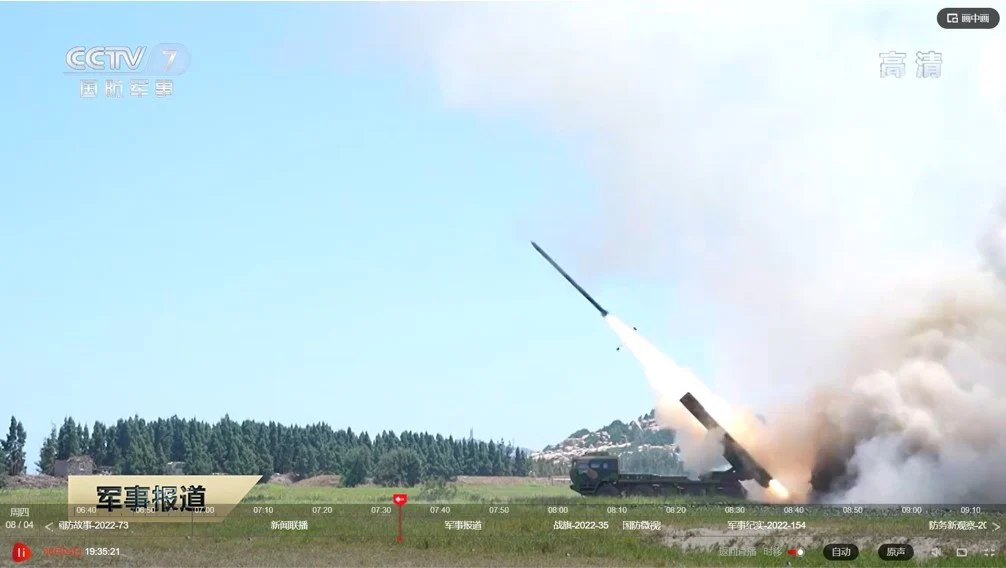China could use artificial intelligence (AI) to realize precision in its artillery strikes during a potential future conflict with Taiwan. In July last year, a Beijing-based science team reportedly conducted several AI-powered laser-guided artillery rounds tests.
These tests were conducted by a team of researchers led by Professor Wang Jiang from the Beijing Institute of Technology, who noted their findings in a paper published in the peer-reviewed journal Acta Armamentarii on April 6.
“Artificial intelligence is evolving quickly. More researchers are applying the technology to trajectory planning problems,” said Jiang in the paper.
According to the claims made by Jiang’s team, their AI-powered laser-guided artillery was able to hit human-sized targets 16 kilometers away, and the precision achieved in the tests was much higher than that of any other artillery systems in the PLA’s service.
The photos of these tests show the shells had hit the bull’s eye.

Traditional artillery shells usually land 100 meters or more away from the target, and guided artillery can make course adjustments during flight. Their accuracy has been limited because of the vast amount of real-time data that must be calculated using traditional mathematical models.
Under multiple flight variables like wind, temperature, and air pressure, even a guided artillery round can miss its target by a few or tens of meters.
AI-Powered Artillery Rounds
According to Jiang, AI offers the potential for faster data-processing speeds than traditional mathematical methods.
So, once an AI-enabled smart shell is launched, it will have to quickly gather and analyze a wide range of environmental data to adjust its course. The number of calculations can increase exponentially with the number of variables.
However, the computer chip inside the shell must be as simple as possible to withstand vast amounts of heat and the shock of artillery fire. While accommodating these requirements, processors often discard important raw data to complete the calculations in time, which impacts their overall accuracy.
But in the case of AI, even a slow computer chip can finish necessary calculations using nearly all available data. According to the researchers, it can bypass some of the more demanding calculations performed as part of traditional mathematical models.
The researchers say that the AI learns from training based on data collected in real flights or laboratory experiments, which enables it to bypass some of the calculations.
Jiang’s team also tested different AI models on several tasks associated with sophisticated trajectory adjustments during flight to improve accuracy via division of labor.
China Could Use Smart Artillery To Defeat Taiwan Swiftly
China has been undertaking concerted efforts to develop smart artillery to reduce the costs of warfare, as artillery shells are usually cheaper than missiles and can, therefore, be produced quickly in large numbers.
However, experts are conflicted over whether artillery fire requires such high accuracy, as shrapnel from a heavy shell blast can hit a person several hundred meters away.
In China, the argument favoring high accuracy in artillery fire is that it could enable the PLA to achieve swift victory over Taiwan in a potential future military conflict.
A Beijing-based defense industry engineer told the South China Morning Post that AI-powered artillery could destroy enemy units or vehicles hidden in buildings more efficiently than traditional firepower and at lower costs than missiles in urban warfare.
“It will help reduce civilian casualties and damage to surrounding buildings. It will make reunification and reconstruction after the war easier,” he said.
According to a 2019 US Defense Intelligence Agency report on China’s military power, artillery is a vital component of the People’s Liberation Army–Ground Force’s (PLA-GF’s) strike capability, comprising one-third of PLA-GF’s operational unit strength.
The report notes that China continues to acquire modern artillery systems to support the mechanization of PLA-GF artillery while integrating information systems to increase lethality and precision.
Lt Gen P R Shankar (retired) of the Indian Army, in one of his articles, has noted that China views offensive firepower, like artillery, as key to achieving military deterrence, crisis escalation through punitive strikes, paralysis, and degradation of the enemy’s systems, and undermining enemy morale.
Furthermore, Shankar notes China’s repeated and increasing emphasis on the importance of precision strikes.
Reports suggest that with the help of precision artillery fire, China aims to swiftly annihilate Taiwan’s command and control instead of directing mass fire at its combat forces.
eurasiantimes

